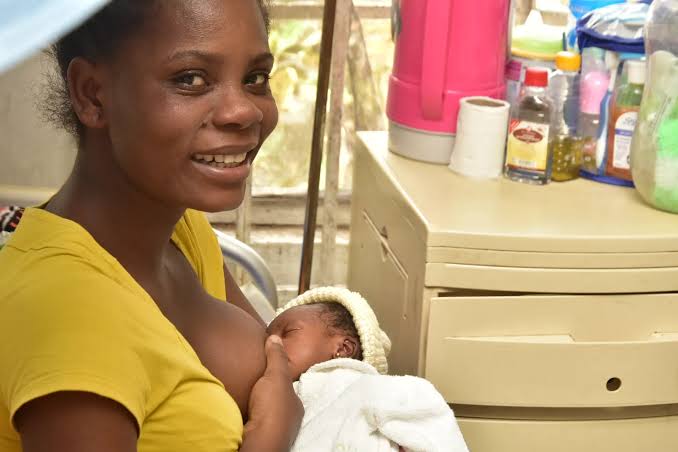News Investigators/ Muhammad Okorie, Social Policy Manager and Officer-in-Charge of the UNICEF Lagos Field Office, has raised fresh concerns over Nigeria’s declining rates of optimal breastfeeding practices.
He warned that lack of supportive systems was threatening the health and development of children in the country in spite of increased public awareness.
Speaking in an interview with the News Agency of Nigeria (NAN) to mark the 2025 World Breastfeeding Week, Okorie said the country risked missing key health and development targets if the trend continued.
”In spite of growing awareness, Nigeria still has much ground to cover,” he said, citing the 2021 Nigeria Demographic and Health Survey (NDHS).
”In Lagos State alone, of the over 710,000 births recorded, only 14 per cent of newborns were breastfed within the first hour of life.
”Exclusive breastfeeding stands at 57 per cent, while only 23 per cent of children are breastfed up to two years, a decline from 28 per cent in 2018,” he added.
The UNICEF official described the figures as alarming and a wake-up call for both policy makers and communities to act urgently.
”These numbers show that although efforts are ongoing, we cannot drop the ball.
”This year’s theme is about strengthening systems; healthcare, workplace, community that make breastfeeding a sustainable norm,” he said.
He noted that breastfeeding was not just a personal choice but a societal responsibility, and one that required systems that empower mothers.
Addressing concerns about underserved areas, he said that the issue was less about fear but more of social norms, misinformation, and lack of a conducive environment.
He disclosed that although 97 per cent of Nigerian mothers initiate breastfeeding at some point, the challenge was sustaining exclusive breastfeeding for six months and continuing for up to two years.
”Some mothers for aesthetic reasons, choose not to breastfeed, placing their babies’ health at risk. Others don’t have access to workplace crèches or support systems. This limits their ability to exclusively breastfeed,” he further said.
NAN


